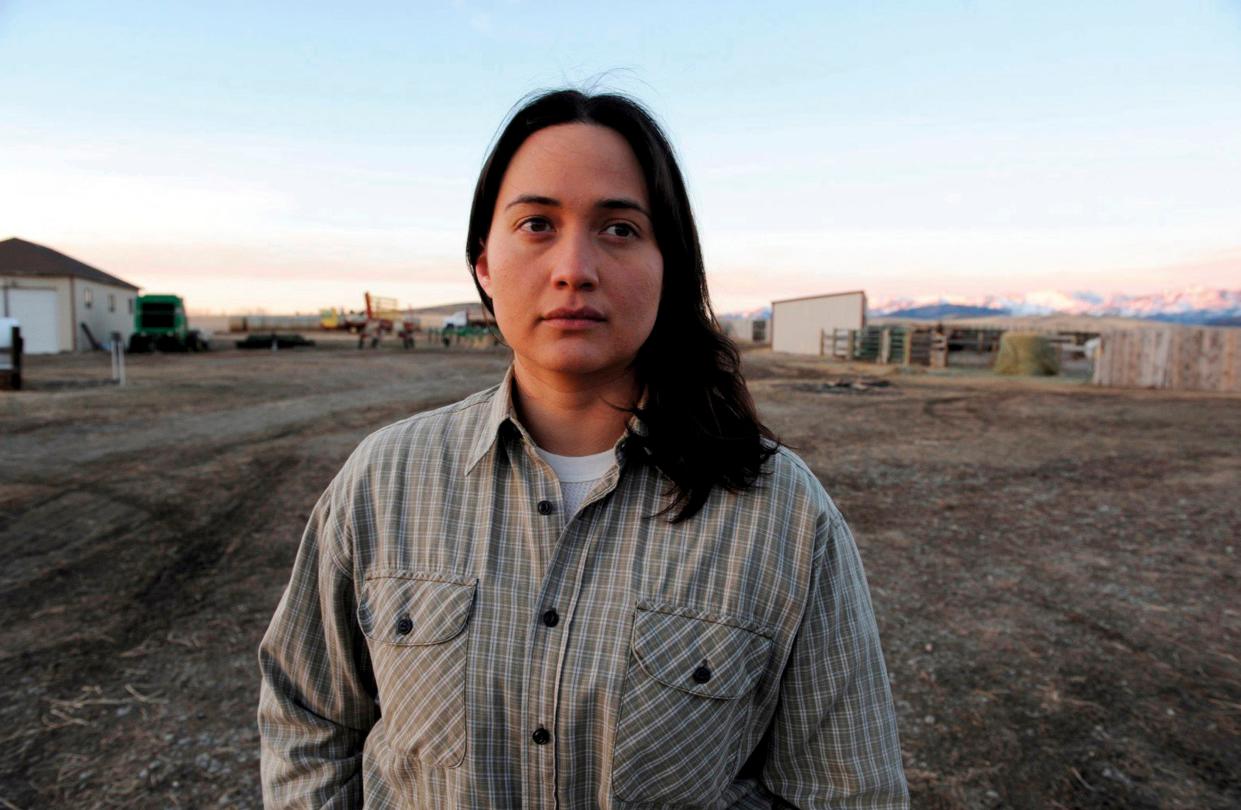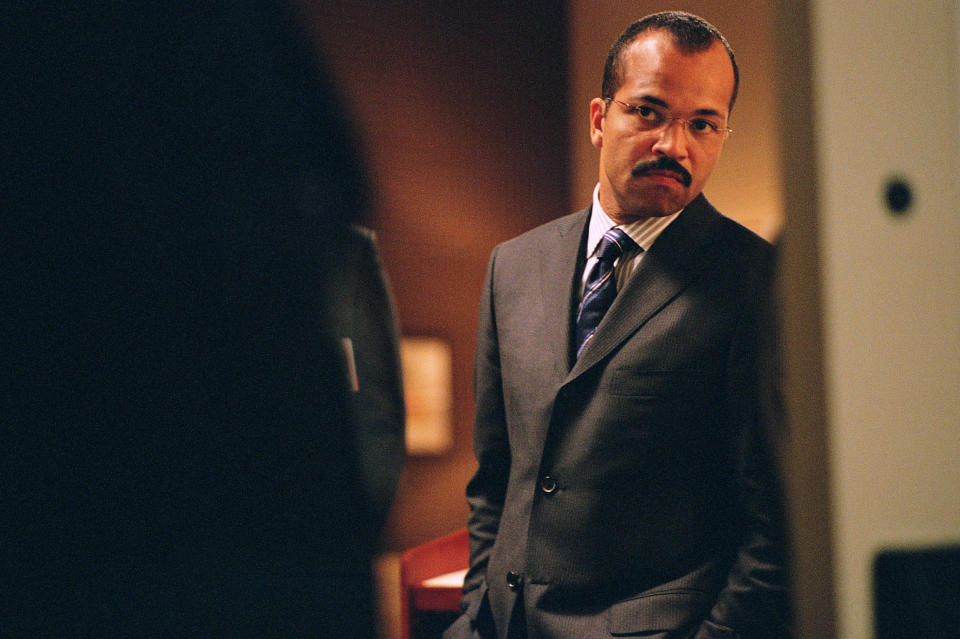Lily Gladstone Could Win Her First Oscar for Killers of the Flower Moon . She Deserved It for This Indie Favorite, Too

- Oops!Something went wrong.Please try again later.
- Oops!Something went wrong.Please try again later.
- Oops!Something went wrong.Please try again later.
- Oops!Something went wrong.Please try again later.
- Oops!Something went wrong.Please try again later.
IFC Films / Everett Collection
I haven’t clocked it, but I’d guess that Lily Gladstone has less screen time than any of this year’s other Best Actress nominees—despite being nominated for Killers of the Flower Moon, the longest movie of the bunch. That’s led some awards-watchers to wonder aloud if Gladstone’s performance as Mollie Kyle, an Osage woman whose family and community is systematically eliminated by white men including her husband Ernest (Leonardo DiCaprio), might have been better-suited for the best supporting actress category. Conventional wisdom says the supporting categories are easier to win, explaining why clear leads like Brad Pitt (Once Upon a Time in Hollywood) have managed to claim supporting Oscars in recent years—which means there wasn't necessarily much strategic advantage in claiming Gladstone as a Killers lead. The fact that she’s a lead is more of a simple, self-evident fact, like gravity—very much like it, as it’s Mollie’s emotional weight that gives this Martin Scorsese picture such dimension beyond the criminal milieu he knows so well.
There are plenty of criminal ins and outs in Killers of the Flower Moon, depicted with an uneasy yet unstoppable propulsion. But no matter the tangents, the film keeps returning to Gladstone’s Mollie, who seems convinced that her quiet serenity can balance out the sweatier efforts of her white husband. She enjoys Ernest’s shameless attention early on, even as she half-brushes him off; in an early dinner scene, she attempts to train him to sit still in quiet contemplation, something Ernest never quite takes to. Maybe it’s her stillness that convinces Ernest that the poisoned insulin he gives her is actually helping, or maybe Ernest is just cruel, or a fucking idiot, or all of the above. The nature of their relationship is a mystery that plays out on Gladstone’s face. Her watchfulness, her despair, her disbelief, her strength are all there, creating a perfect storm of conflict, less between Mollie and Ernest, and more between Mollie and a hostile America that’s encroaching on her way of life. This is not a supporting role; she's the soul of this unconventional masterwork.
There is a Lily Gladstone performance that did belong in best-supporting-actress contention, however: Her work in 2016’s Certain Women, a triptych of loosely connected stories set in the contemporary American West, specifically Montana. It was this Kelly Reichardt film where Scorsese first took notice of Gladstone; it would almost have to be, as she hadn’t shot many other major roles before taking on Killers of the Flower Moon. Gladstone anchors the film’s final third, playing Jamie, a ranch hand who works with horses. She happens upon a night-school law class taught by Beth (Kristen Stewart), and is immediately smitten with her. She audits the class, and going to a nearby diner afterward with Beth becomes a little ritual – a hoped-for one, anyway, as Beth remains friendly but distracted, perpetually ready to bolt out the door and finish up a punishing commute home.
Certain Women came out around the same time as Personal Shopper, also starring Stewart, accidentally inviting an immediate focus on what the former Twilight refugee is doing in these scenes; in her halting, nervous-energy way, she’s the star presence. (There’s a weirdly indelible moment in one of the diner scenes where she wipes her mouth using a paper napkin that hasn’t yet been unrolled from its silverware bundle.) On a smaller scale, she’s the DiCaprio equivalent of the movie, with Gladstone as another quiet reactor.
The set of reactions, however, has a tone and a range completely different from her work in Killers. The obvious pride she takes in recounting injuries related to riding unbroken horses, her attentiveness to Stewart’s every gesture, and her attempts at cowboy-ish chivalry all come through in the space of briefly glimpsed interactions. Then, in the movie’s most heartbreaking scene, she drives to visit Beth at work, convinced (probably rightly) that if she doesn’t, she’ll never see her again. During the ensuing scene, Gladstone conveys the way that just stating a few facts mixed with awkward small talk has brought her right to the brink of some kind of confession, before making equally clear that she’s not going to go any further, especially when she picks up on the hesitation Stewart is putting down.
Certain Women is a consummate supporting-actress movie, an ensemble where every performance in it feels like crucial emotional load-bearing, even for characters who don’t always interact with each other. Most of them are lonely or isolated in some way or another, but it’s Gladstone who feels most clearly connected to some kind of inherent American character. Only here, her country provides some solace—through the land and the animals, anyway, if not necessarily its people. She doesn’t need hours of screentime to suggest a whole lonely world.
As we begin our final approach to the 2024 Oscars, we're taking one more look back at the films and performances that blew our minds last year—and looking even further back, to spotlight earlier Oscar-worthy work from the filmographies of this year's nominees.
Years before *American Fiction*, Wright did standout work in one of the first movies to wrestle with the war on terror.
Originally Appeared on GQ


